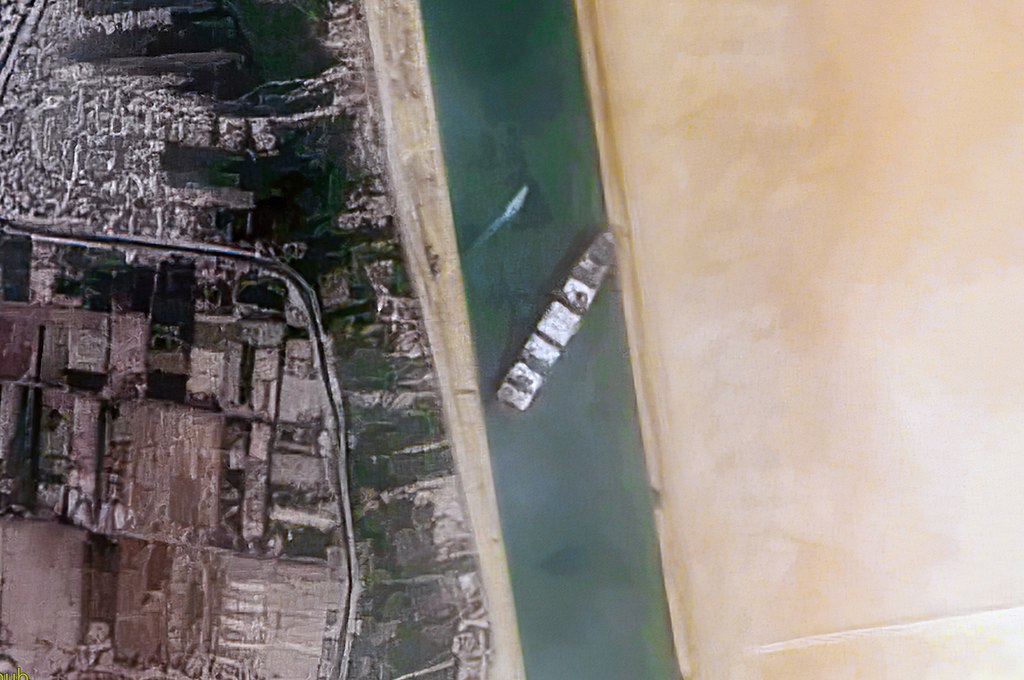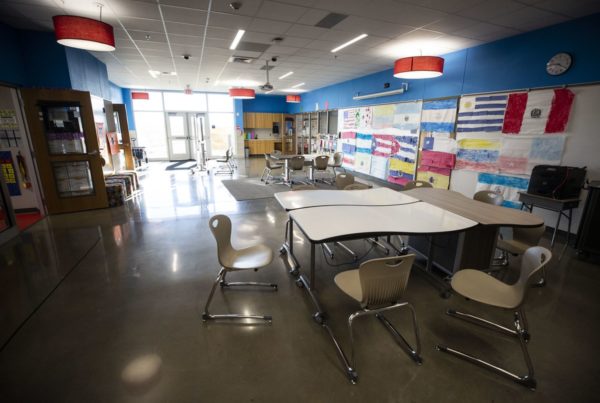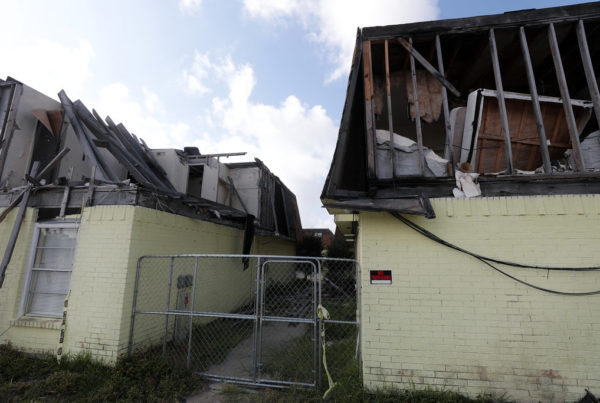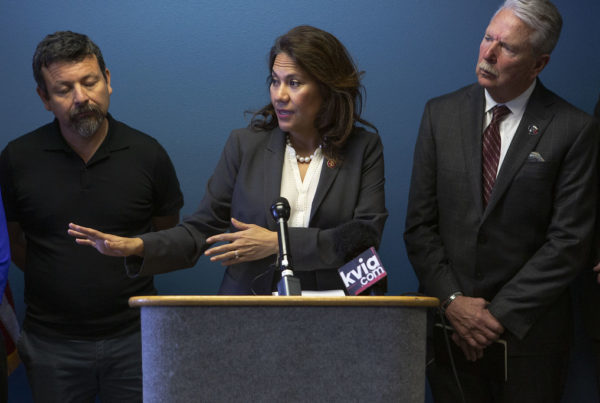The container ship Ever Given has finally been freed after being stuck and blocking the Suez Canal for six days.
It’s a story that took place thousands of miles from Texas, but it’s consequences are likely to hit home, says supply chain and logistics expert Madhav Pappu. Pappu is a clinical assistant professor of information and operations management at Texas A&M University. He says the Suez Canal incident, plus the pandemic, are likely to change the global supply chain over the long term. Demand for goods through e-commerce has exploded during lockdown, while at the same time businesses have been dealing with major supply-chain disruptions.
“I think companies are going to rethink about how they set up their supply chain,” Pappu told Texas Standard.
In the short term, though, Pappu says delays at the Suez Canal won’t have big effects on American consumers.
Highlights from this segment:
– The sizes of container ships have grown dramatically since Pappu’s time in the Merchant Marine. He says his ship held almost 1,000 containers; today’s ships can hold 20,000 containers.
– Canals and other infrastructure haven’t caught up to accommodate the rise in international shipping, and the larger ships that go along with it.
– The United States is fortunate to have major ports on two coasts, so if shipments from one part of the world are interrupted, businesses can reroute shipments to the other coast and transport the goods by train if needed.
– Going forward, companies will likely manage their inventory differently so they can accommodate for big disruptions like blocked shipping channels, pandemics or other unforeseen events.















